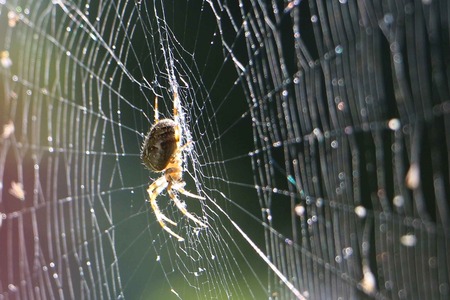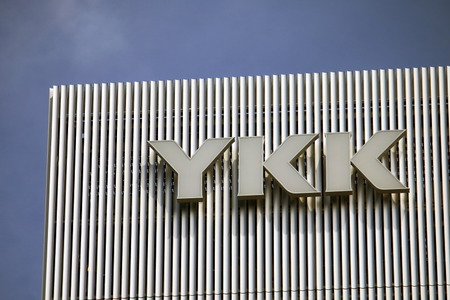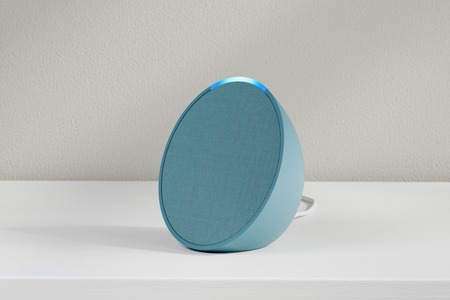
Bacteria convert plastic waste into biodegradable spider silk
YarnsandFibers News Bureau 2024-01-31 17:01:59 – USAResearchers at Rensselaer Polytechnic Institute have achieved a groundbreaking milestone by developing a strain of bacteria capable of converting polyethylene plastic, commonly found in single-use items, into biodegradable spider silk. This innovative study represents the first instance of utilizing bacteria to transform plastic waste into a high-value protein product.
Referred to as "bio-inspired spider silk," the resulting material shares similarities with the silk spiders use to weave their webs. The applications of this biodegradable spider silk span various industries, including textiles, cosmetics, and even medicine.
Helen Zha, Ph.D., an assistant professor of chemical and biological engineering leading the project, expressed the significance of spider silk, stating, "It can be nearly as strong as steel under tension. However, it’s six times less dense than steel, so it’s very lightweight. As a bioplastic, it’s stretchy, tough, non-toxic, and biodegradable."
The researchers emphasize the low-energy nature of their process, which does not require the use of toxic chemicals, distinguishing it from conventional plastic production methods. Helen Zha highlighted the eco-friendly aspect, stating, "We’re really harnessing what nature has developed to do manufacturing for us."
The breakthrough study establishes the feasibility of using bacteria to convert plastic into spider silk. Future endeavors will explore potential adjustments to the bacteria or other aspects of the process to facilitate scaled-up production.
Market Intelligence
Ask for free sample Report

experience
Customer Base
dedicated team
Countries Served Worldwide









